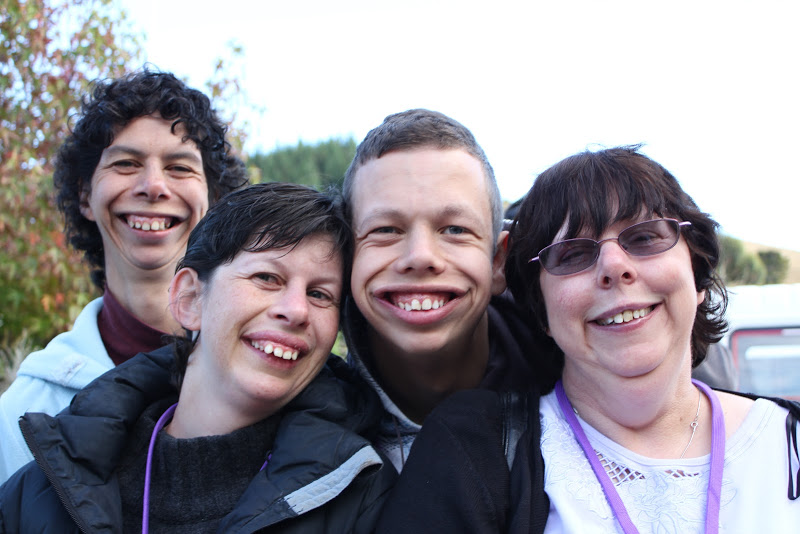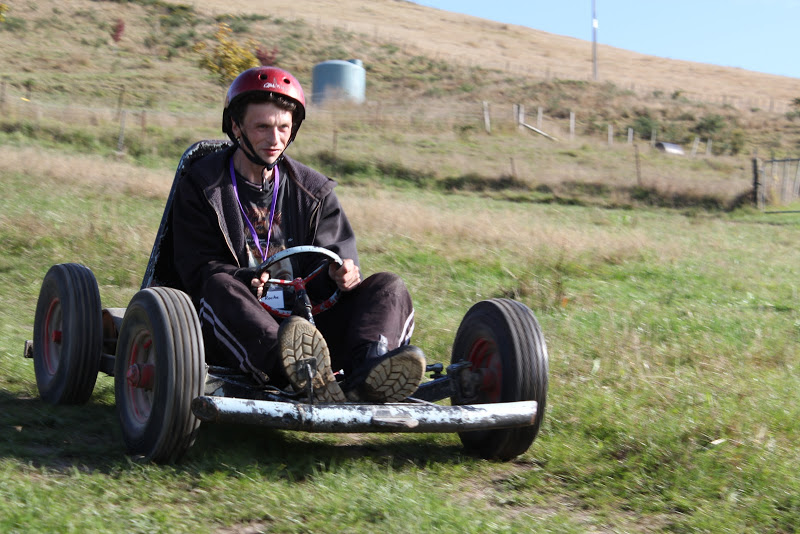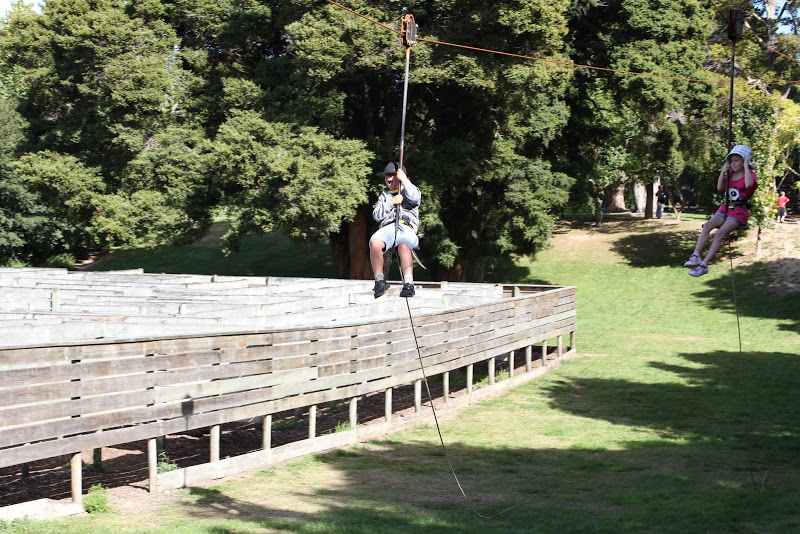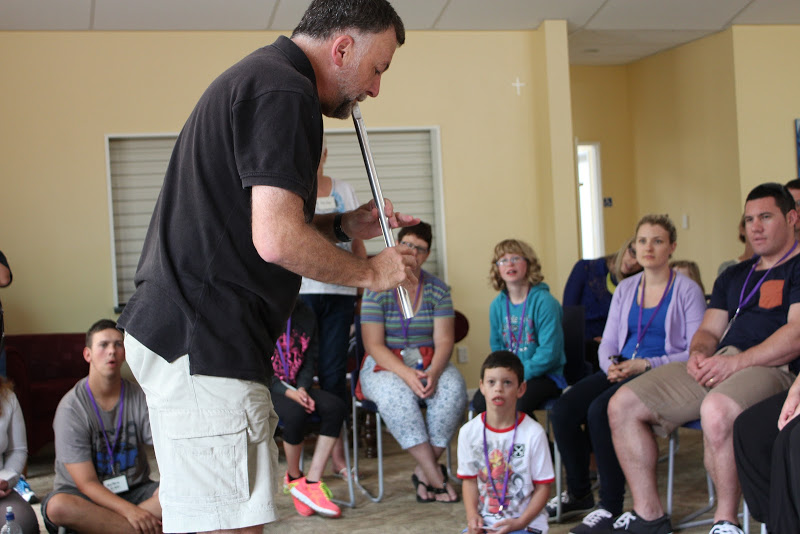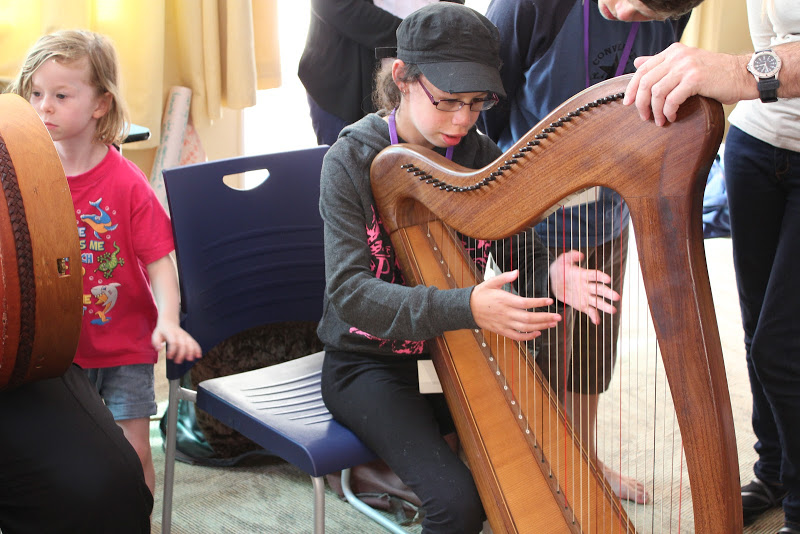Williams Syndrome Association camp is a lifeline
IHC Web Specialist Mao Vaireka had a special reason to attend a two-day camp over Easter for people who have Williams Syndrome.
Mao’s daughter Tatiana, now aged 12, was diagnosed with this rare, non-hereditary genetic condition when she was a year old. The syndrome affects only one in 10,000 births. This compares with Down Syndrome which, according to United States statistics, affects one in 690 births.
Mao and his partner Kylie, with Tatiana and her young sister Lania aged five have been attending the camps, held every two years at different parts of the country, since Tatiana was three years old.
The camps are sponsored by the New Zealand Williams Syndrome Association and some funding for this year’s event was donated by the IHC Foundation.
This year Mao and his family travelled to Brightwater, near Nelson, to join 30 other families for what Mao describes as a lifeline of support.
“We get to share our experiences about Tatiana’s schooling and life stages with families who have younger children. We also learn a lot from the families who have teenagers with the syndrome, which is a great help for Tatiana,” says Mao.
“It’s also helpful to share our experience with families of younger children who are newly diagnosed, so they can see that they are not alone,” says Mao.
Mao says that children with Williams Syndrome can have developmental delays in walking and talking and a calcium allergy that affects their nutrition intake. In more severe cases there can be heart problems.
At the camp there was plenty of expert advice to hand. Noted Williams Syndrome expert Dr Antonio Chasouris, author of Williams Syndrome, A Handbook for Parents and Professionals, who is based in Invercargill, presented his latest research.
“It was really great for us all that he made himself so accessible to families over the two days,” says Mao.
An occupational therapist helped parents identify characteristics around developmental delays and explained therapies to improve coordination. There was a transition session for teenagers moving into adult life, a music workshop and shared meals.
Siblings weren’t forgotten, with a confidence-building course for them, and volleyball and outdoor activities for all.
“If it wasn’t for the camp, we wouldn’t know there were other families in New Zealand to share our experiences with. It would be overwhelming.
“Getting together like this helps Tatiana and our family understand her condition and learn how to cope. There’s endless information about Williams Syndrome on the web, but there’s nothing like spending time with families in the same boat as ourselves,” says Mao.
For further information: www.williams-syndrome.org.nz



